Recently someone – no name, no return address – sent me a white cotton T-shirt.
On the front it said clearly in thick, blocky, black typeface capitals: INDEPENDENT HONG KONG F**K THE REST.
The T-shirt, to me, signalled Hong Kong, beaten into submission, its democratic demands silenced, leaders jailed for demanding human rights, books removed from libraries that mentioned Tiananmen Square, somehow, against all odds, is still holding on.
Hong Kong people, gritty and resilient, are, in the biting Chinese phrase ‘eating bitterness’ while ‘sitting small’ but they haven’t lost their spirit. The old name for the British colony, ‘Fragrant Harbour’ now seems a cruel slur, certainly not politically ‘fragrant’ and no harbour for those hoping to live under the rule of law.
And now, Hong Kong’s government is taking steps to ban a protest song, one that was sung by students, ordinary citizens, and even buskers (one was charged and released for lack of evidence against him) as holding up umbrellas, they signified their anger against the deletion of their freedoms.
The song Glory to Hong Kong, owes something to Slava Ukraini, (Glory to Ukraine) the defiant Ukrainian national anthem. Glory to Hong Kong’s lyrics calls for Hong Kong citizens to fight for freedom and ‘liberate Hong Kong’ in ‘the revolution of our times’.
Hong Kong’s Justice Ministry promptly filed charges against those ‘broadcasting, performing, printing, publishing, selling, offering for sale, distributing or disseminating, displaying or reproducing Glory to Hong Kong’ and the charges are most likely to be upheld, with a government statement explaining the legal move as upholding Hong Kong’s constitutional responsibility to safeguard national security.
Chris Patten, Britain’s last Governor in Hong Kong, who in 1997 handed back to China the territory it considered its own, tried, in a last-ditch attempt, to strengthen the democratic institutions, such as they were, before he sailed off. His diaries offer insights into how the mainland Chinese negotiated and – perhaps – how we should be prepared for similar tactics in the future.
‘…one group in Hong Kong will be pressing, with the enthusiastic encouragement of the world outside for greater democracy … on the other hand a more conservative and business-oriented group … will argue … against anything which seems to annoy China. A lot of this group will have foreign passports in their back pockets.’
Working as a journalist in Hong Kong during Patten’s time, I remember the optimistic hopes regarding the coming ‘handover’ of middle-class Hong Kongers, people who did not have the means or influence to send their children abroad but were hoping that the legalities put in place, the agreements between Whitehall and Beijing would hold, would hold to protect them and their families.
There were seldom publicly expressed concerns about ‘what might happen’ when the 99-year lease ran out. I still have battered copies of Borrowed Time, Borrowed Place, and The Man who Read the East Wind, both books by veteran Hong Kong journalists. Fears of tanks rolling down Kowloon’s Nathan Road were hastily squashed; the constant refrain, ‘They know Taiwan is watching to see what they do,’ was voiced by many.
Employed by Kerry Packer’s Bulletin, through a tie-up with the now-defunct Newsweek I shared space in the Bank of China Tower on Garden Road in Hong Kong’s Central district. ‘Space’ not office, because my American colleagues were plainly uncomfortable with an Australian newcomer. They cleared out a broom cupboard for me but it did have a shelf for my typewriter.
Patten wrote with clarity and not a little British sangfroid describing his bouts with the Chinese.
‘Chinese officials are becoming increasingly imaginative in the names they call me; sinner for a thousand years, prostitute, triple violator, and more. They have clearly been through the Cultural Revolution handbook to find appropriate language to describe me.’
Hong Kong Chinese-language papers, though, were friendly to Patten. When one of the Government House terriers – there were two, Whisky and Soda – temporarily went missing, a cartoonist depicted Whisky peeing on Mao’s portrait, mainland officials glumly advising, ‘That’s Patten’s dog all right.’ A small print victory but making locals feel better. Cartoonists, if critical of the current authorities, are banned in Hong Kong’s media.
As the time for the handover drew closer, Patten’s diary records his most serious concerns, what the Chinese wanted to know about Hong Kong’s public servants.
‘They are looking for details of people’s passports and of our integrity vetting. Needless to say, we won’t (and couldn’t) provide either. We destroy the integrity-vetting material once it has been established whether or not someone can be promoted and it would be illegal to us to hand over … details about people’s nationality under the British Nationality Scheme.’
Patten is at his best – if somewhat bitter- remembering the actual handover ceremony itself.
‘A stiff little ceremony, best got over with as quickly as possible. I looked back at the senior guests on the Chinese side, arranged in their egg box stand, the coelacanths of Leninism, rich, mighty, a bit seedy, cruel, corrupt, depressingly unimpressive. I turned to my left to wink at my girls.’
Patten walked on board Britannia, just behind then-Prince Charles, ahead of his wife and daughters. The band played Auld Lang Syne. It was over.
Thinking back to the wondrous place that used to be Hong Kong, I remember the last night before I too left my room on Wellington Road. Leaning over the balcony among bamboo poles of drying clothes, I heard a marching song, small boys’ voices.
A local scout troop, led by a brisk Hong Chinese scout leader, immaculate in khaki shorts and hat. And then I found myself in tears for the Hong Kong I knew and was leaving behind.
Got something to add? Join the discussion and comment below.
Get 10 issues for just $10
Subscribe to The Spectator Australia today for the next 10 magazine issues, plus full online access, for just $10.

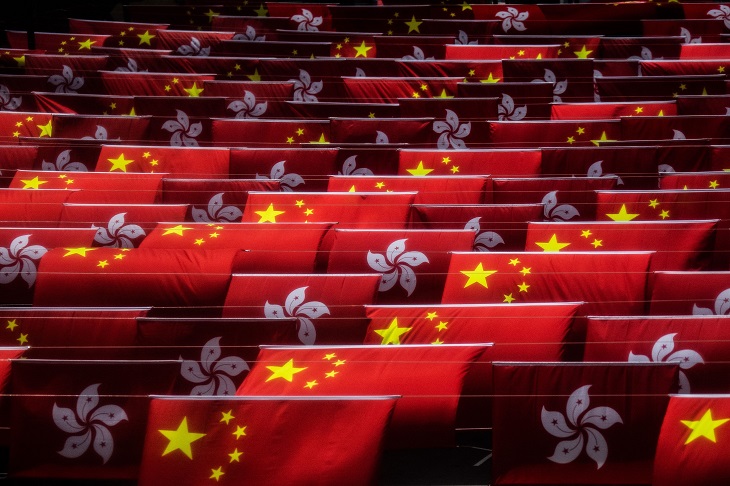
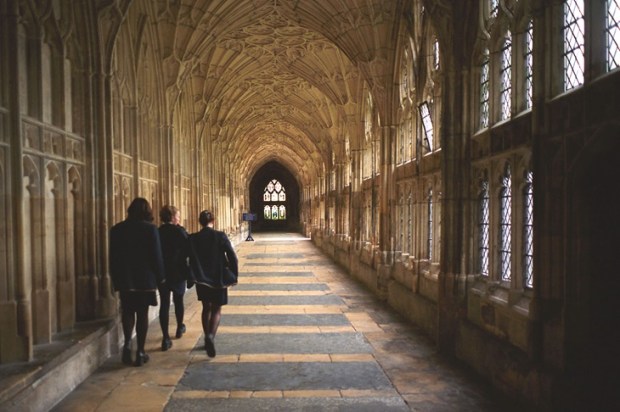

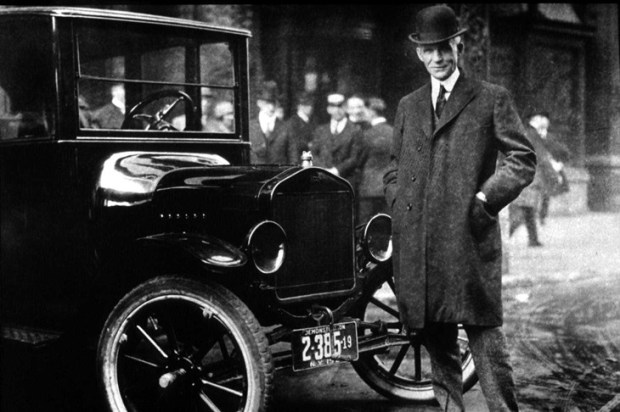
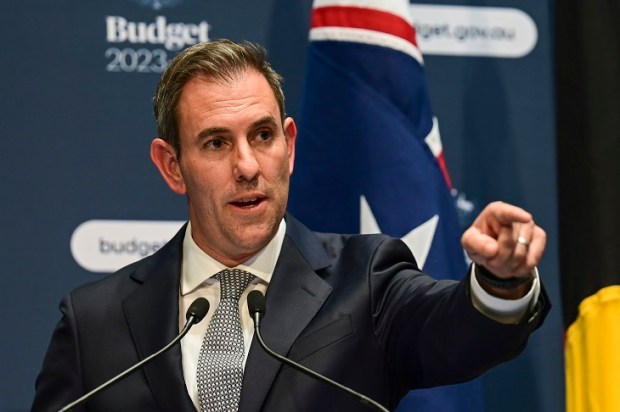

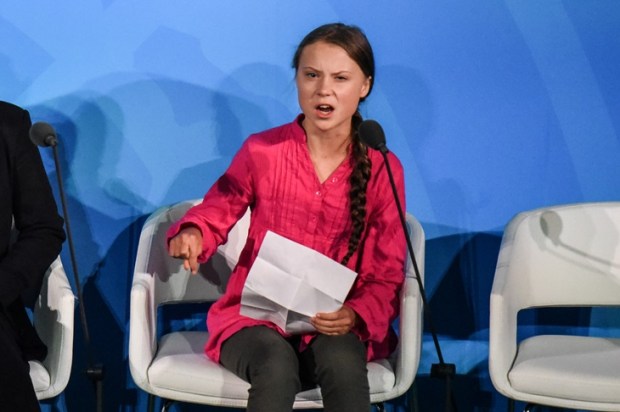


















Comments
Don't miss out
Join the conversation with other Spectator Australia readers. Subscribe to leave a comment.
SUBSCRIBEAlready a subscriber? Log in